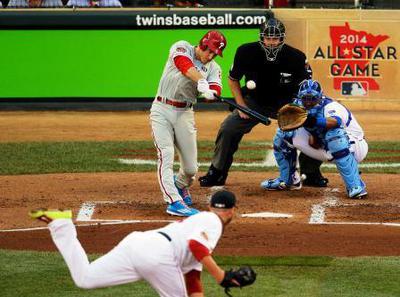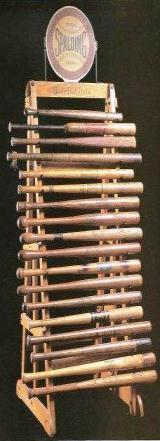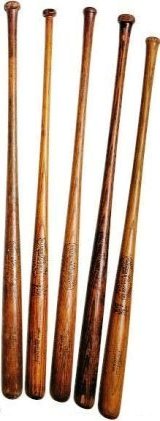No play at first
by Jim
(Chicago Ill)

Jim asked: With a man on first and second, the batter hit a ground ball to the second baseman and the play was terminated, allowing the bases to be subsequently loaded.
I heard a neighboring fan mumble something about ground rule.
What is this rule? Please advise.
Rick answered: Jim, thank you for your question.
The most common situation which occurs with what you describe would be catcher interference.
Whether intentional or unintentional, catcher's interference would ultimately create a situation whereby all runners advance and the batter is granted first base.
Catchers, at times extend their glove and hands to catch a pitch, or just set up too close to the hitter.
If there is subsequent contact with the batter during the batters attempt to hit the pitch, umpire's call catcher interference.
Interference, by rule book definition is: an act by a fielder that hinders or prevents a batter from hitting a pitch.
Quite often, that contact goes unnoticed by spectators, or even team dugouts, due to the distance away from the plate. Other times there is a very noticeable change in the batter's swing.
If a play follows the interference, the manager of the offense may advise the plate umpire that he elects to decline the interference penalty and accept the play.
Such election must be made immediately at the end of the play.
However, if batter reaches first base on a hit, error, base on balls, hit batsman and all other runners advance one base, the play proceeds without reference to the interference.
Sometimes this situation can get a bit muddled, depending on what the umpires do, or don't do, at the time of the interference.
Yours in baseball,
Rick
|





